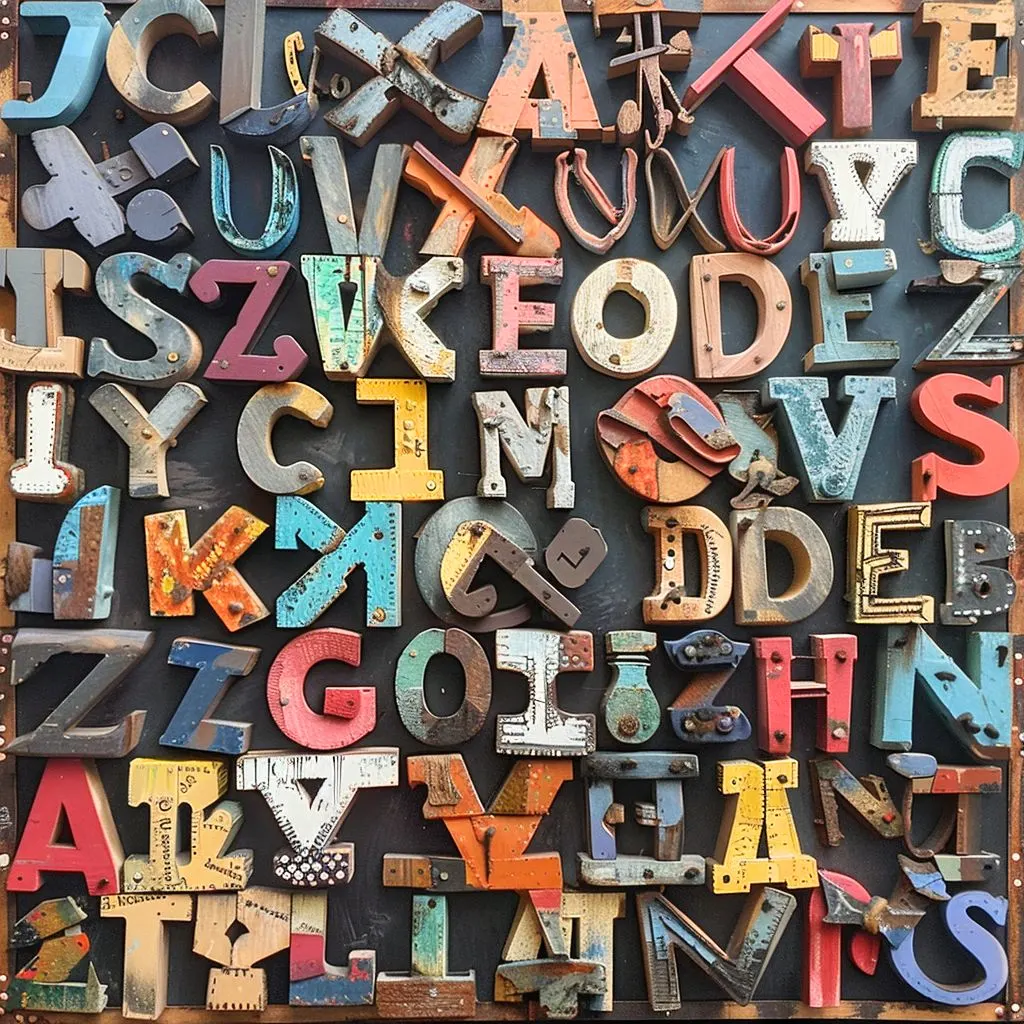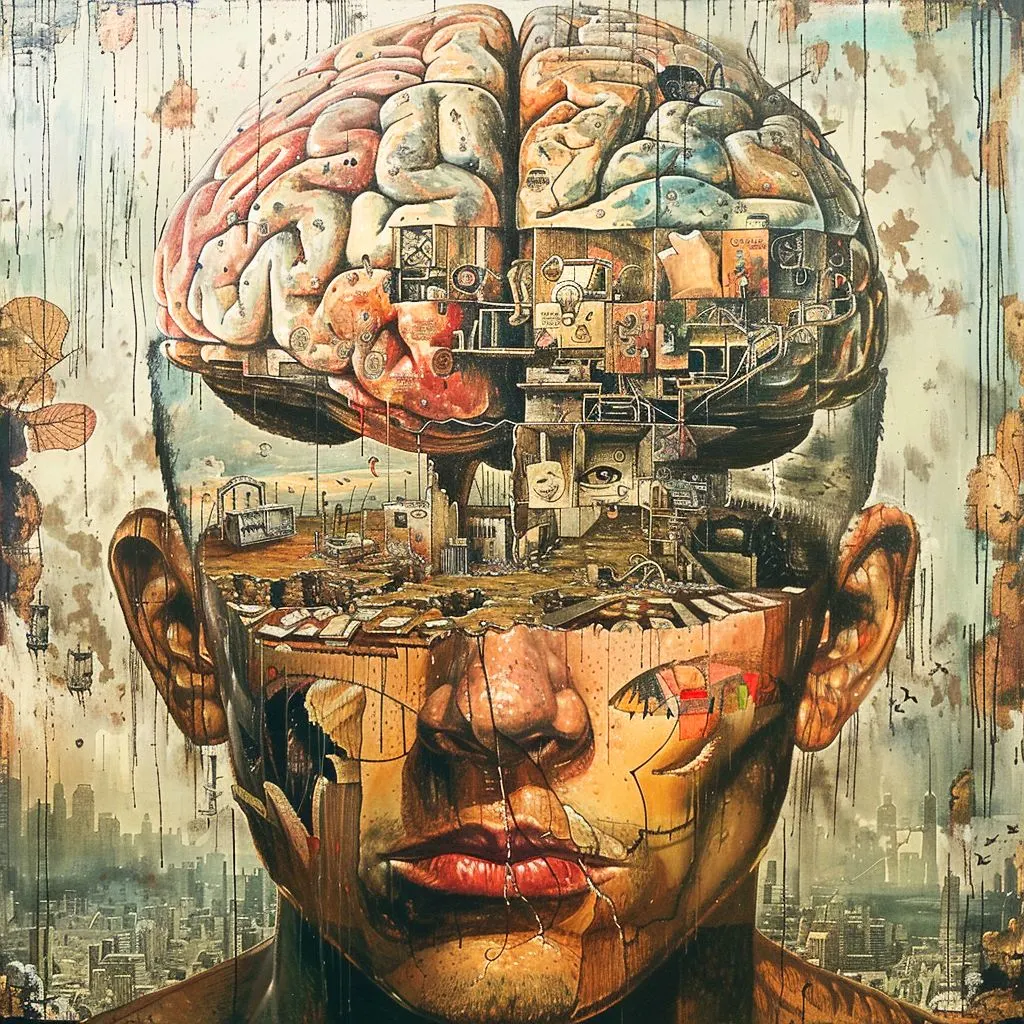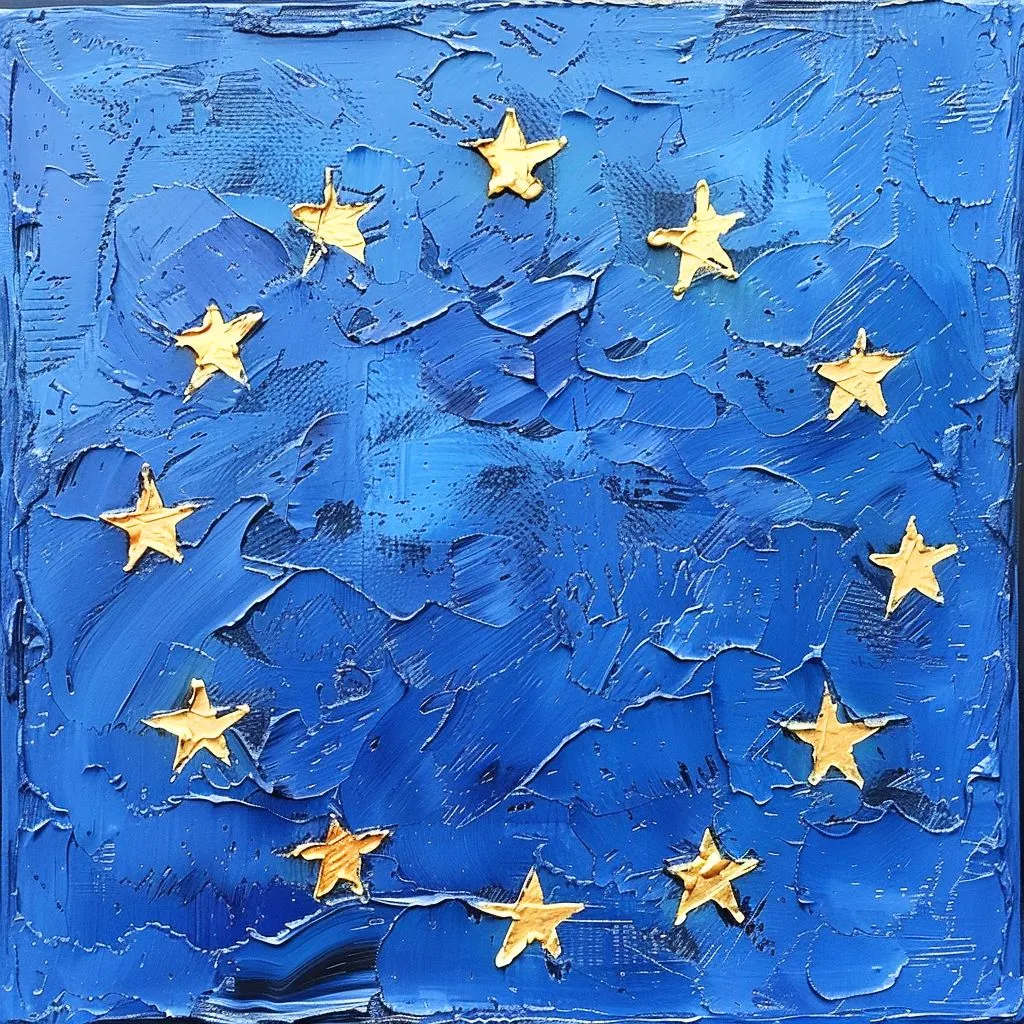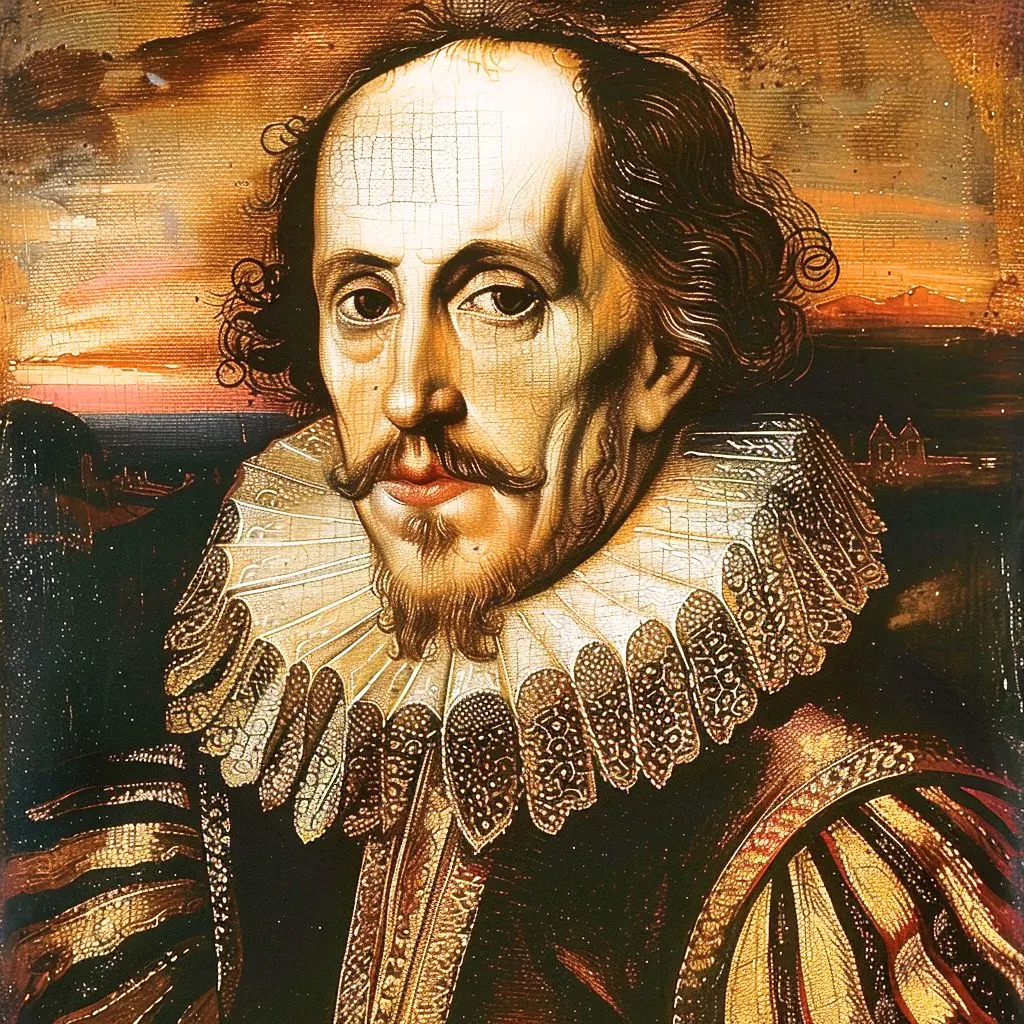Language is an ever-evolving, dynamic entity that shapes our thoughts, culture, and connections with the world. Here are 18 mind-blowing facts about languages that will surely expand your horizons.
1. The Longest Word

The longest word in any language is the chemical name for titin (a giant protein), and it has 189,819 letters! So please don’t get mad at us that we don’t spell out this word, haha. While it’s indeed impractical to write out or pronounce this word, it highlights the incredible complexity and capacity of scientific language. This record-breaking word is a testament to the specificity and detail required in biochemical nomenclature.
2. Simplified Speech
The Pirahã language, spoken by a small tribe in Brazil, is considered the world’s simplest language. It lacks numbers, colors, and relative terms. This simplicity challenges our understanding of language complexity and cognitive capabilities, showing that human communication can thrive even with minimal linguistic tools.
3. Brain Boosters

Learning a new language can physically change your brain. Swedish MRI studies show that polyglots—people who speak multiple languages—have certain brain regions that are significantly larger. This demonstrates how language learning can enhance cognitive abilities and neuroplasticity.
4. Time Travel Through Language
Ancient Greek has been spoken for over 34 centuries, acting as a linguistic time capsule. Studying Ancient Greek offers insights into historical events, philosophies, and cultures that have shaped modern civilization, directly linking to our past.
5. The Love Language of French

French was the official language of England for over 300 years, from 1066 to 1362. This historical fact reflects the profound influence of the Norman Conquest on the English language, leading to the incorporation of many French words and expressions into English.
6. Lost in Translation
“Mamihlapinatapai” from the Yaghan language of Tierra del Fuego is one of the most difficult words to translate. It describes a look shared by two people, each wishing the other would initiate something they both desire but are reluctant to do. This word illustrates the unique and nuanced ways different cultures express emotions and social interactions.
7. The Most Translated Document

The Bible holds the record for being the most translated document in history. It has been translated into over 3,000 languages, underscoring its profound global impact and widespread spiritual significance. The extensive translation work reflects the Bible’s importance in various cultures and its role as a cornerstone of religious teachings and literature worldwide.
8. A Language a Fortnight
On average, one of the world’s languages goes extinct every two weeks as its last speakers die out. This alarming rate of language loss emphasizes the urgent need for preservation efforts to maintain linguistic diversity and cultural heritage.
9. The Alphabet Soup
The Vietnamese alphabet has the most letters of any alphabet, with 29. This extensive alphabet is a result of its adaptation to represent the tonal nature of the Vietnamese language, showcasing the intricacies of phonetic representation.
10. Global Dialects
The Arabic language boasts the most dialects of any language, with over 30 distinct forms spoken from Morocco to Iraq. These dialects can differ so significantly that speakers from distant regions might not understand each other, illustrating the rich diversity within a single language framework.
11. Superlative Script
Linguists praise South Korea’s Hangul script as the most logical script in existence. Designed in the 15th century, Hangul’s scientific structure makes it easy to learn and use, reflecting a perfect blend of simplicity and efficiency in writing systems.
12. The Queen’s English
English is the “de facto” world lingua franca, with an estimated 2 billion learners worldwide. Its global dominance facilitates international communication, trade, and cultural exchange, underscoring the language’s pivotal role in the modern world.
13. Language and Thought
Some languages do not have distinct words for “blue” and “green,” seeing them as shades of the same color. This linguistic phenomenon highlights how language can shape the perception and categorization of the world around us.
14. The Whispering Language
The whistled language of Silbo Gomero, used in the Canary Islands, allows detailed conversations to be carried over long distances just by whistling. This unique mode of communication exemplifies human ingenuity in adapting language to different environments.
15. Cinematic Ciphers

Klingon, created for the Star Trek movies, has a fully functional grammar and is spoken fluently by fans worldwide. This fictional language demonstrates the creative potential of linguistics and the cultural impact of science fiction.
16. A Polyglot’s Dream

The European Union employs more translators and interpreters than any other single organization in the world. This reflects the EU’s commitment to linguistic diversity and the importance of multilingual communication in international diplomacy.
17. Lend Me Your Ears
Nearly half of the world’s population is bilingual, navigating daily life in multiple languages. This widespread bilingualism underscores the cognitive and social benefits of knowing more than one language, from improved problem-solving skills to greater cultural empathy.
18. Master of Titles

Shakespeare added over 1,700 words to the English language by changing nouns into verbs, verbs into adjectives, connecting words never before used together, and devising them outright. His creative manipulation of language has left an enduring legacy on English vocabulary and literature.

Hey fellow Linguaholics! It’s me, Marcel. I am the proud owner of linguaholic.com. Languages have always been my passion and I have studied Linguistics, Computational Linguistics and Sinology at the University of Zurich. It is my utmost pleasure to share with all of you guys what I know about languages and linguistics in general.

